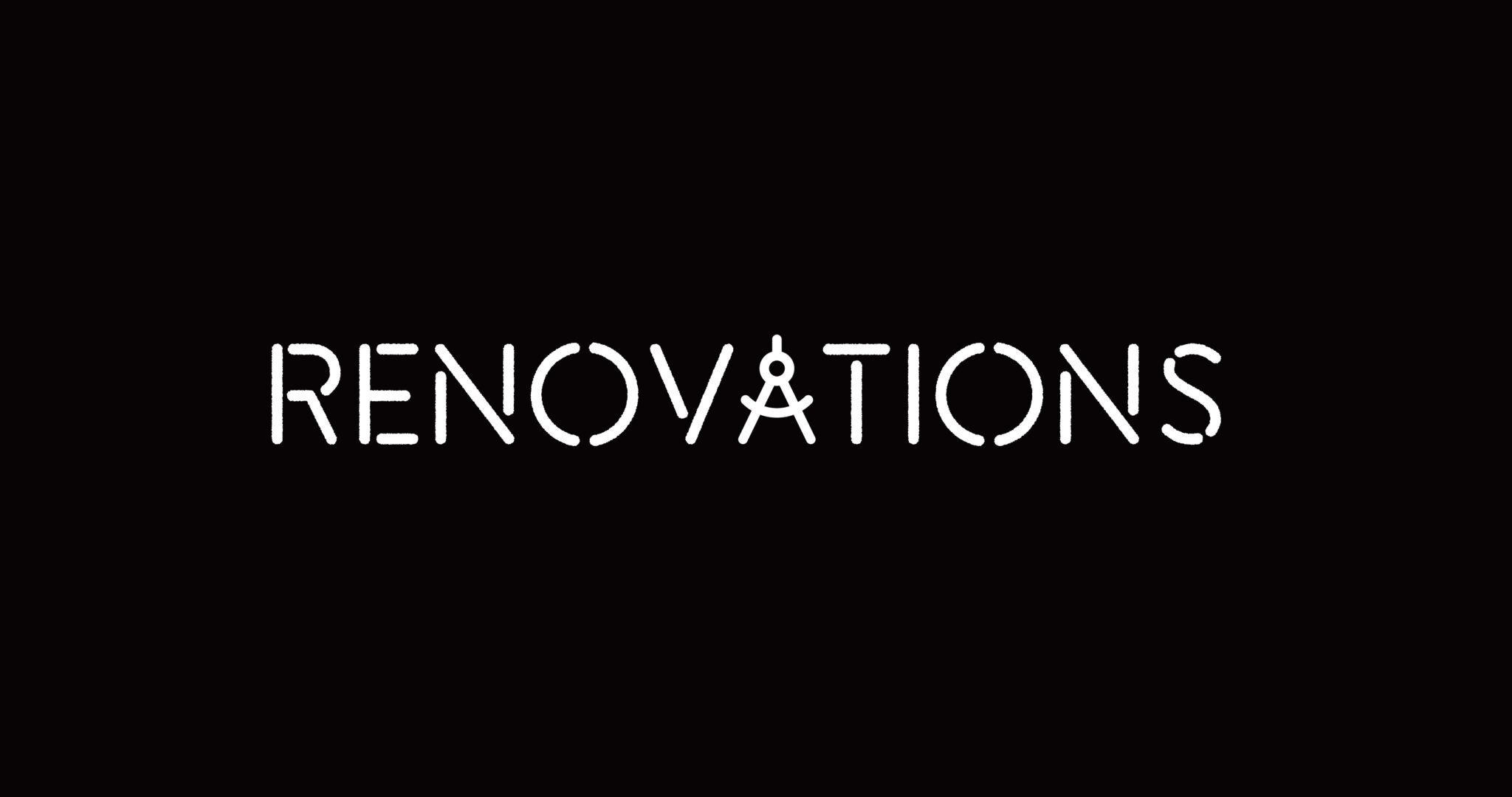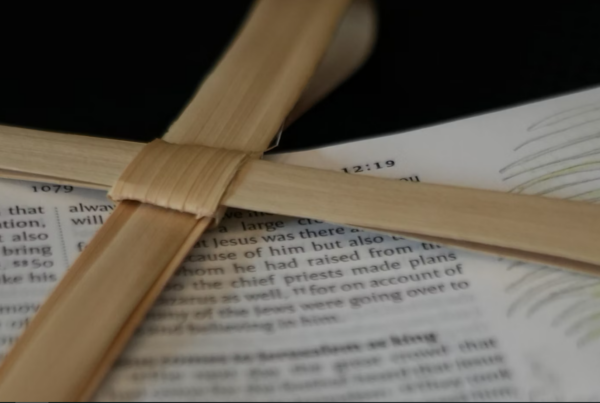Our posture in the community is everything. How we show up as people of faith in the community for communal flourishing will change the way that our communities look at the church and rebuild some of the equity we’ve lost over the years by being completely disconnected. We’ve disconnected our faith from the place, and the ground, and the people, so we need to repent, repair relationships, and reorient our outlook.
This material was originally recorded as part of the Renovations Project. It has been lightly edited and condensed for clarity. The video segment for this article begins at the 4:32-minute mark.
Repenting and lamenting past damage
There has been an awakening in the church generally, but especially in more evangelical spaces around this notion of what has happened due to white flight, leaving the more marginalized, neglected neighborhoods. One of the things that troubles me the most is that the last people to leave are the churches, which should be encouraging, but it’s actually pretty bad. The reason why it’s so bad is because we held on as long as we possibly could in order to preserve something that was no longer there. When we saw that there was no chance for us to keep the culture that we’d created in these churches, we just left those buildings hollow in our communities. Rather than seeing the transition in the communities and leaning into this browning and darkening of our neighborhoods and newer people moving in, and re-imagining ourselves as churches around who was there, we just left. The truth is that before we start talking about what it looks like to repair any of that, we need to be talking about what it looks like to repent for that.
I don’t think we’ve spent enough time lamenting the damage. When was the last time you drove through an inner-city neighborhood that was full of churches, mostly white, that’s now finding itself full of half-filled African-American churches or Latino churches that are struggling to maintain these big edifices that were left by these historically white churches? When was the last time you drove through those neighborhoods and saw the storefronts that are now abandoned and left, the buildings that have been torn down, and vacant land that’s left, and wept bitterly about your involvement? When I say your, I mean your—not just your ancestors, not just those who came before you, but all of those who benefit from decisions that were made.
When was the last time we really lamented about it? If we took a break from some of our happy worship songs and spent some time lamenting the fact that the church was a core part of the systemic injustice, especially around race, that happened in the U.S. and is happening to this day, and from there, begin to move towards reconciliation and reparation, and then from there, we can start talking about what it looks like to make the changes.
I’ve had people call my church and say, “Our church is out in the suburbs, and we realized that our church used to be in your neighborhood, and we’re just wondering if there’s some way that we could come in and help?” Before we start using the word “help,” let’s just talk a little bit more about what you’ve been going through in your history, and let’s share some of that history and what the impact has been. Let’s build some relationships and talk about what we’re enduring here and what you’re enduring there. Because if we’re really talking about help, then help will actually go both ways, because I believe there’s some stuff that my church down here in Englewood could help with your church out there in the suburbs.
Related: How a Church Can Love Its Neighborhood and Partner With Its Community
Repairing relationships
There have been some conversations about what it looks like to enter back into the community in a healthy way, and I think it begins first with the repentance on your end, and then working on relationship next. To enter without either one of those being a precursor is to be prematurely ready for reparation. Reparation is mandatory, not just necessary, because we can’t use the word “love” without repairing things that we have broken. Reparation without doing the work of repentance and relationship building will feel cheap, and I’m not sure it will actually heal the divides.
I would encourage pastors to begin in the space of actually taking your church down a journey of repentance, of owning the fact that you may not have been alive, or you may have been children when decisions like this were made, and yet you must stand in the gap. This is like in the Old Testament, where you see the prophets lamenting with sackcloth and ashes for all of Israel: “This is what we have done, oh, God, we did it.” And [the prophets] haven’t actually done anything wrong.
We have to take accountability for the systemic injustice and brokenness that we’ve created. If you want to come to my neighborhood to “help,” you have to be willing to recognize the damage that was caused, be willing to sit down and talk to my church and me about what the impact has been, and then what reparation might look like in relationship with us. There are no right ways to do it, but I do believe that if we can begin with owning the fact that we failed, we can move toward repairing. But if you move straight toward repairing without any repentance, I believe you’ll only cause more damage.
This material was originally recorded as part of the Renovations Project. It has been lightly edited and condensed for clarity.
Reorienting your vision
So there’s an important transition and perspective that I call the “church forsaken” perspective. It is really about reorienting your vision, reorienting the way you see the world to be able to see it the way God does. I use the metaphor of bifocals to explain it.
The “glory of God” glasses
Because I grew up in the inner city, I was always told that the place that was beautiful and reflected God’s glory was the suburbs. The goal was to move to the suburbs and get a big house. Whenever I would visit the suburbs, I would just think it was the best thing ever, that it reflected the glory of God; I had a convenient pair of glasses that I would put on called the “glory of God” glasses every time I went out there. So I put on my “glory of God” glasses and I’d be impressed by how beautiful it was, how everybody’s grass was exactly the same height, how there were white picket fences, and the beautiful houses with the two-car garages. I’d notice how quiet it was there in the suburbs, so obviously, the glory of God is there. If only the rest of the world were like this.
The “brokenness of humanity” glasses
But then, I went back to my neighborhood in Chicago. Because of how I was wired and taught to believe, I had a convenient pair of glasses when I went there too, and those were called the “brokenness of humanity” glasses. They’re the same glasses they give kids when they take them on mission trips. The kids put on the “brokenness of humanity” glasses and see that there’s so much trash on the ground, or the children don’t have any dads in the homes, the schools are bad, and it is so loud there with ambulances, fire trucks, and police cars.
Let me tell you the truth. The truth of the matter is you need to take both of those glasses, smash them up, pull a Benjamin Franklin and put them together and make bifocals, because if you want to know how God sees the world, the truth is that God knows that every person and every place both display the glory of God and the brokenness of humanity.
Both beautiful and broken places
If there’s ever a time you can’t see one or the other, there is something wrong with your glasses, not the place or the person. Every place displays the glory of God, and every place displays the brokenness of humanity.
For example, you display the glory of God because you are amazing and do great things. But if I spend any extended amount of time with you, your brokenness will show up. There are certain places and people that are often narrated by their brokenness, which is horrible. Imagine if everywhere you went and everything you did, you were narrated by your worst mistake; if every time the media talked about you and your family, it was only negative. What if they never talked about any of the positive things you did, just your bad decisions?
That’s what it feels like in a lot of the neighborhoods that we are going to minister to. We go in, and we find the brokenness so that we can come in and be fixers. I’ve decided to live my life a different way. I’ve decided to see the world the way God does—I don’t ignore brokenness because brokenness gives me what I need to be praying for. But I’ve decided to elevate and highlight the glory and the beauty in my community.
We created hashtags for my neighborhood with the goal of combatting all of the negative media attention, whether it comes from the local or the national media, about our little neighborhood in Chicago. We want people, when they Google Englewood, to not only see drugs and gangs and violence, but also to see hardworking people raising their children, starting businesses, going to church.
Conversely, if you live in a neighborhood that everybody loves, that gets nothing but positive press, then maybe in order for people to see your place the way God does, you might have to highlight a little of the brokenness. If you don’t, you present it as just a utopia. It’s not fair, it’s untrue, and it breeds unfair, unrealistic expectations for those young people.
Let me tell you what I tell any mission group that comes to visit my little church in Englewood. I’ll stop the youth before they even get off the school bus, and I tell them, “Don’t come to my neighborhood and do anything you’re not already doing at home.” In other words, don’t come here and want to do a neighborhood cleanup, when your room at home is trash, and your mom couldn’t even get you to clean it before you left. Don’t come here and want to face paint and jump rope with kids when you don’t like your little brother back at home. Don’t come here and want to evangelize and pass out pamphlets when you haven’t shared the gospel with anyone at your high school.
The people in Englewood and the people in the suburbs both display the brokenness of humanity and the glory of God. Acknowledging that frees people to say, “I’m broken and I’m beautiful. My place is broken and it’s beautiful.”
God does not look down from heaven and see Englewood and wish we would get it together. He also does not look down at some rich suburb where everybody has huge houses and say that they got it together. No, God sees the world the way it is. If we, as the people of God, can do the same, then we would spend more time elevating the beauty so that we can thank God for it, and recognizing the brokenness so we could pray to God for it. So put on your bifocals, change your perspective, and see the world the way God does.

Renew your church’s imagination for ministry
The Renovations Project helps leaders learn, together.
- Thought-provoking masterclasses
- Personalized coaching
- Immersive visit to a ministry innovation hub
- Ministry innovation grants up to $5,000

Jonathan Brooks
Jonathan “Pastah J” Brooks is a pastor, speaker, writer, artist, and community activist. A lifelong resident of the Chicago area, he is a firm believer in investing in your local community. After serving as senior pastor of Canaan Community Church in the West Englewood neighborhood, he is now co-lead pastor at Lawndale Christian Community Church in the North Lawndale Neighborhood. He participated in listening sessions about innovation hosted by the Reformed Church in America.



